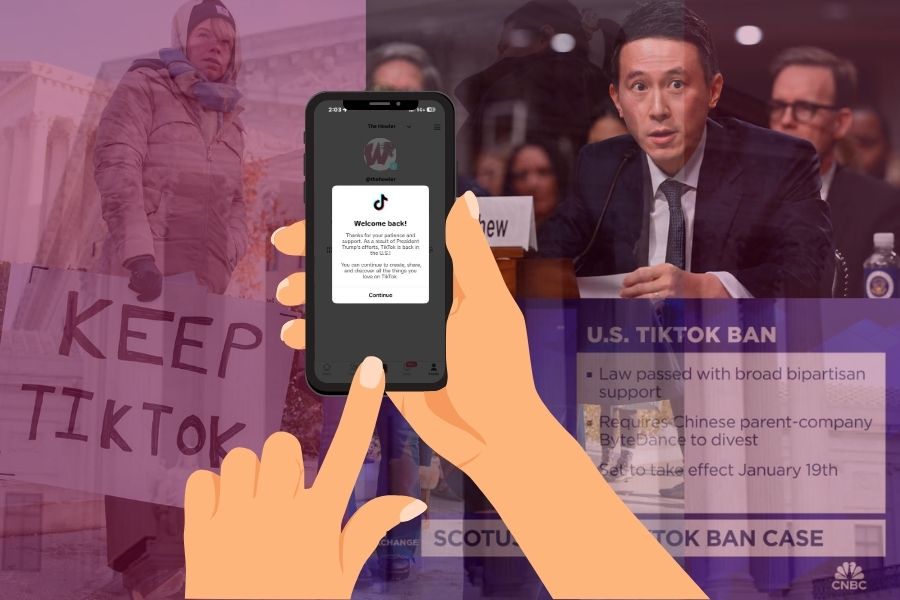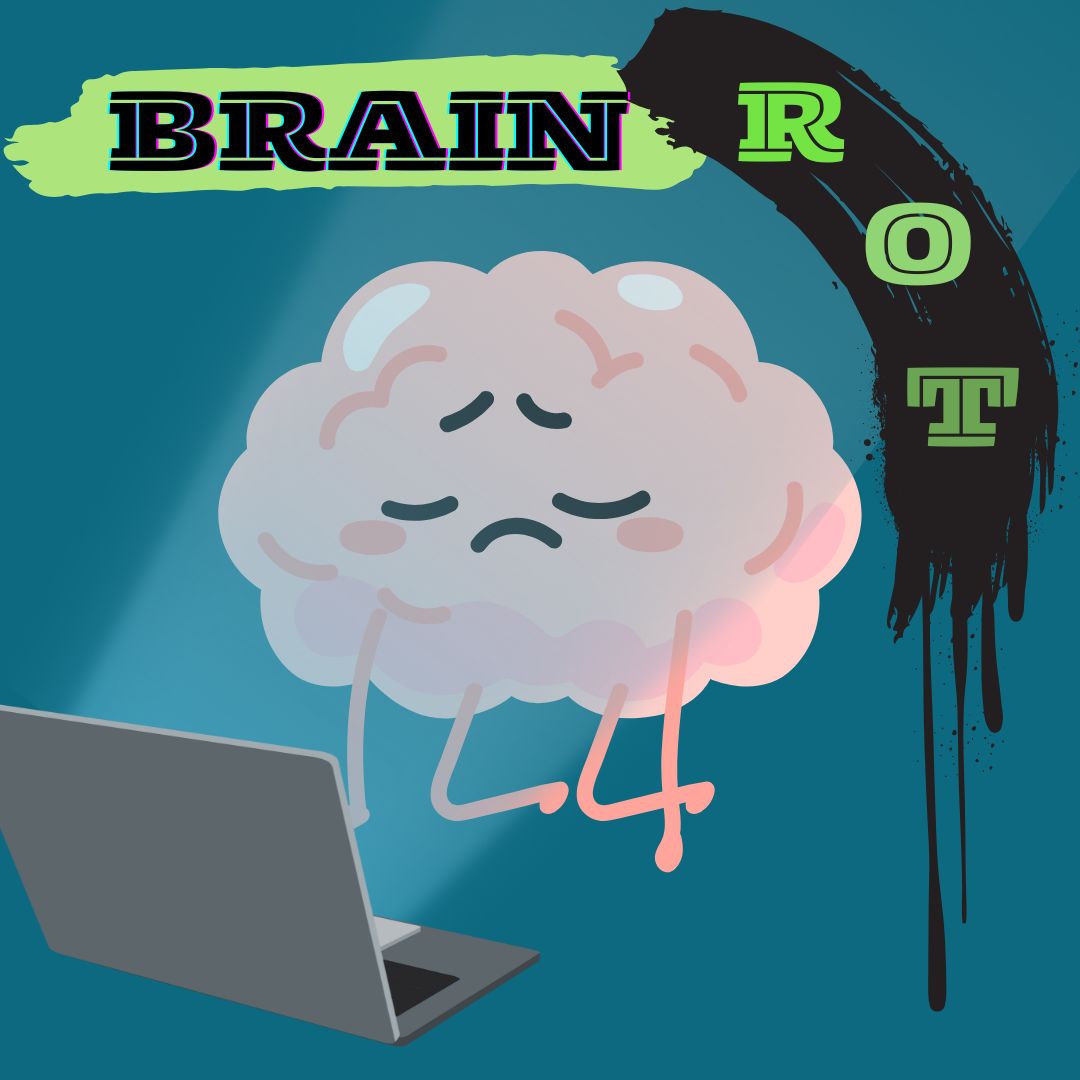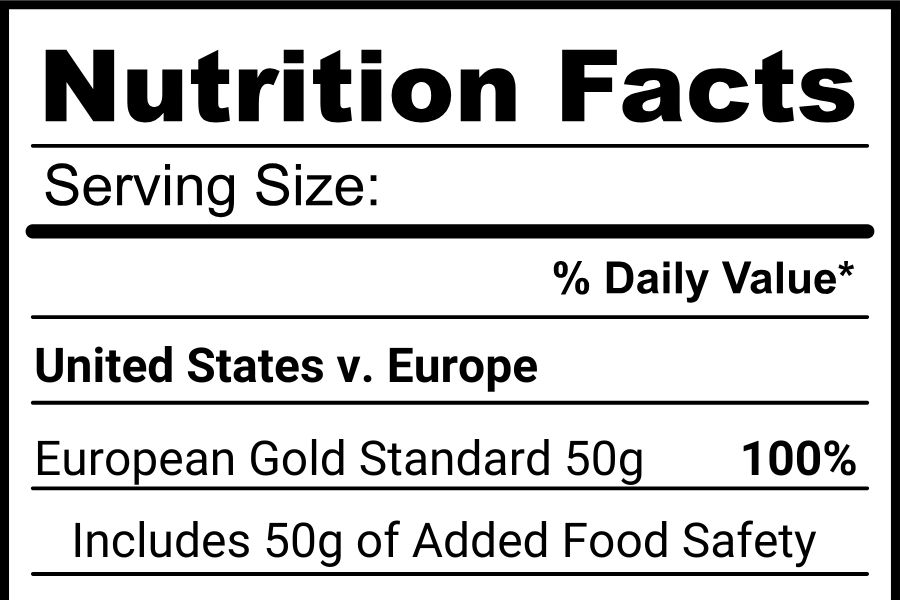On Feb. 16, Alabama’s Supreme Court ruled that frozen human embryos, or fertilized eggs created during in-vitro fertilization, or IVF, are considered children. This particular ruling was in regard to a court case where IVF patients had sued a fertility clinic for accidentally destroying their embryos. In Alabama’s new classification of frozen embryos, Jay Mitchell, Associate Justice of the Alabama Supreme Court, wrote that unborn children are ‘children’ with no exceptions based on developmental stage, physical location, or any other subordinate characteristics. Since frozen embryos were classified as children, the fertility clinic could be prosecuted under Alabama’s Wrongful Death of a Minor Law. After much community backlash, Alabama’s legislature passed a bill on March 6 that would give criminal immunity to IVF clinics and doctors regarding the destruction of frozen human embryos in the IVF process, preventing clinics from being prosecuted for destroying frozen embryos with patients’ consent during the IVF process. IVF treatment centers’ legal protection is now undermining Alabama’s previous concept that embryos are living humans and; therefore should not be terminated by abortions. What these complex, seemingly contradictory rulings illustrate is the inherent importance of choice.
Current Alabama law states that abortion doctors can be prosecuted for performing abortions, with a minimum sentence of 10 years if they are charged and convicted of a Class A felony. This law makes it possible to prosecute clinics that provide abortions, not the women who seek them out. If a woman living in Alabama decides to have children through IVF, and her frozen embryos are destroyed without consent, the clinic and doctors responsible can be prosecuted under Alabama’s Wrongful Death of a Minor Law. However, if she undergoes IVF, and consents to the disposal of her unused frozen embryos, the clinic is within their right to lawfully perform her request, without threat of litigation. In other words, it’s only okay for IVF clinics to terminate these frozen embryos if the patient consents. Pro-choice lawmakers have swung so far in their attempts to “protect life,” that they have now taken a decidedly pro-choice stance regarding embryos–newly-defined as children in certain states.
Not only are these new laws concerning because their ambiguity has already paused some IVF clinics’ procedures but also because of their potential implications for new legislation prosecuting women. Emergency contraceptives like Plan B function by preventing the release of an egg from an ovary, preventing the sperm from fertilizing an egg. As long as only fertilized eggs are classified as children, emergency contraceptives like Plan B should not be at risk, although some pro-life congress members have blocked legislation that would permanently protect their use.
The glaring concern with Alabama’s new law is its classification of fertilized embryos as children, codifying pro-life ideology into law that could serve as a precedent for new laws further criminalizing abortion. Laws like these were present before the Roe v. Wade decision of 1973, and led to women suspected of having an abortion being interrogated, examined, and forced to testify in court. Practices and laws like this made safe abortions almost impossible to attain, resulting in illegal abortions accounting for 17% of all pregnancy-related deaths in 1965, a chilling reminder of the harm in prosecuting providers of proper reproductive care.
Right now, Texas is a state in which performing abortions is illegal, and doctors convicted of a first-degree felony face a minimum of 5 years in prison. However, there are currently no legal repercussions for women who seek out, or perform their own abortions. Alabama’s laws also target providers that give women abortions (including those who provide abortion pills), instead of prosecuting women themselves. However, these recent IVF rulings, specifically classifying embryos as children, could provide a potential precedent for lawmakers to begin punishing women who attempt to acquire abortions in these states. These laws could easily lead to legislation allowing prosecutors to target women for performing their own abortions, similar to how IVF providers can now be charged for the wrongful destruction of frozen embryos.
By accidentally illustrating the importance of a mother’s choice in pregnancy decisions, while setting a precedent that could be used for further abortion criminalization, Alabama’s new laws only further illustrate lawmakers’ intrusive, contradictory legislation that ultimately serves to limit women’s access to safe reproductive care.











